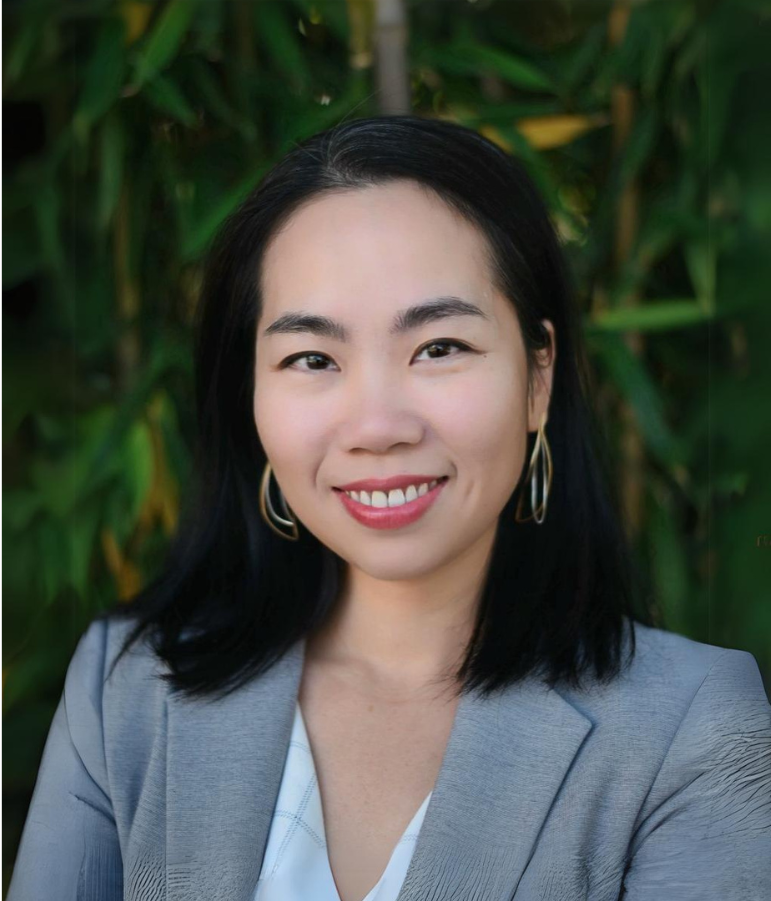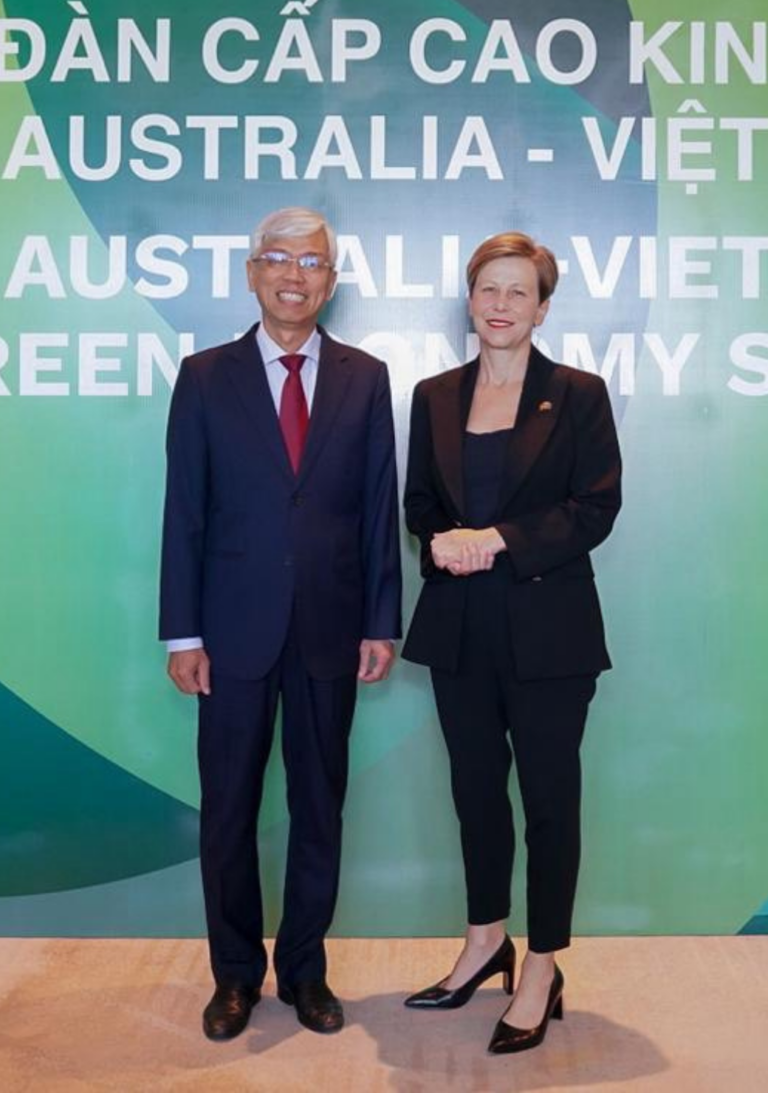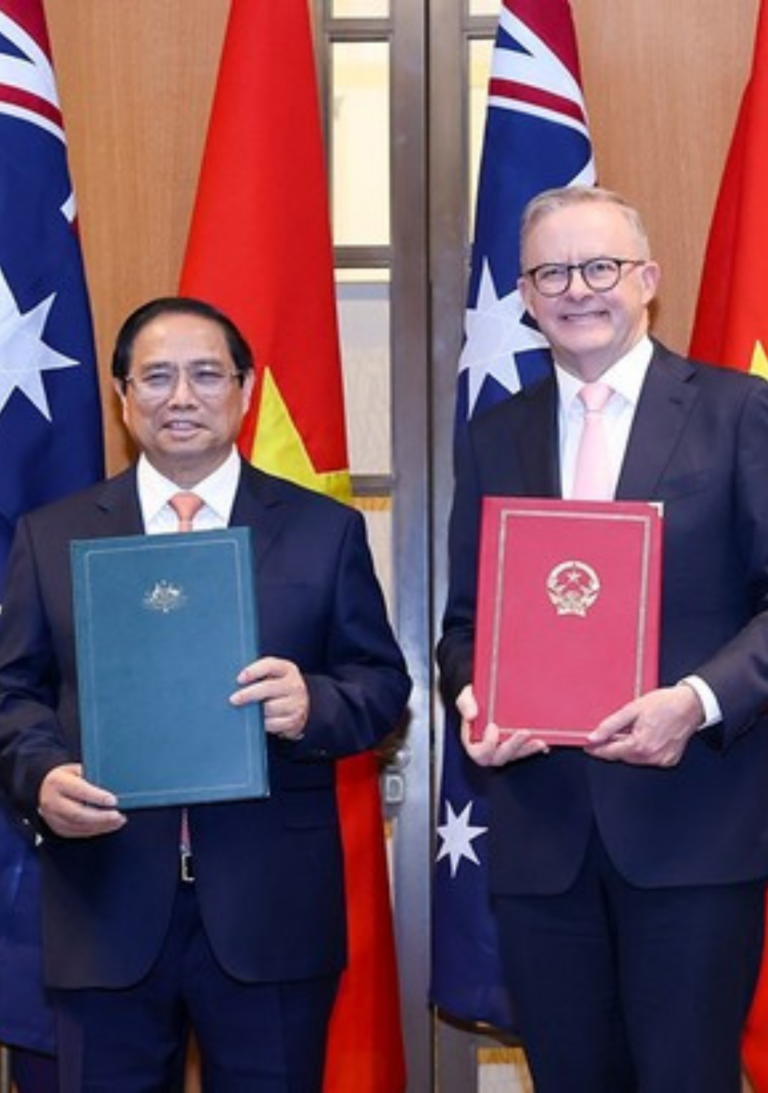To mark the 50th anniversary of becoming the first dialogue partner with ASEAN, Australia is hosting its leaders in a Special Summit in Melbourne this March. And there is much to celebrate.
In particular, the bilateral relationship with Vietnam needs highlighting. Australia-Vietnam relations have enjoyed positive momentum and all signs suggest that the positive trajectory is unlikely to be disrupted. The two countries are complementary in many ways, are growing increasingly aligned in some major strategic outlooks and both find each other supportive and, frankly, useful, for their own strategic goals.
In the global context of growing geopolitical tensions and intensifying US-China competition, Australia has realised the need to pay more attention to regional partners, and among them, one of the more active powers in the region – Vietnam. The two countries signed a strategic partnership in 2018 and Prime Minister Albanese visited Vietnam in June 2023 to mark the 50th anniversary of bilateral relations. Despite differences in political systems and what comes with those certain values, Canberra and Hanoi are increasingly more aligned in strategic priorities – like-minded in many ways. Both are on the same page in regard to the strategic challenges posed by China. Both recognise that the South China Sea and the Mekong are the key strategic theaters. Both trust and want to build up more defense and security cooperation with Japan.
Despite the differences in how Canberra and Hanoi approach individual major powers, they both have similar objectives – to preserve peace, stability and predictability in the region. Australia and Vietnam also share a desire for a rules-based order that provides a more equal playing field for both small and big powers and both Australia and Vietnam display a similar attitude towards upholding multilateralism.
There are, however, a number of areas that present important opportunities for Australia and Vietnam not only to capitalise on the current positive momentum and deepen bilateral ties, but also to future-proof them. And what’s more future-oriented than tech?
Australia’s cyber capacity and resilience is among the world’s best and it has, to a degree, already recognised its potential role in shaping the emerging cyber standards. Digital, technology and science diplomacy are the future and become even more critical for post-Covid recovery. They are not only the future for diplomatic engagement, or a replacement of traditional aid to the region but will likely reap benefits for Australia by forging durable economic ties with the partners in the region, some of whom are on the trajectory to economically surpass Australia’s GDP in a couple of decades. It should be considered as an investment for future two-way development, rather than just one-way aid.
The Covid-19 pandemic has accelerated digital transformation across the globe and Southeast Asia was no different. As a region, Southeast Asia is one of the most dynamically changing, and among the most internally diverse, regions in the world when it comes to technological revolution and online access. Vietnam is among regional leaders in developing e-commerce markets and homes for most energetic innovation hubs. With the US decoupling, or more recently de-risking strategy, Vietnam has become one of the most desired destinations for big tech companies. It continues to attract major investments for companies that seek relocation from China, as well as supporting Vietnam in asserting a new position in the global semiconductors supply chain. The Vietnamese Government has worked hard to provide conducive environments for this large-scale influx and has reasons to be proud of the country’s rapid technological makeover. But there remain gaps in critical infrastructure as well as the IT capacity of its energetic human resources.
There is a role for Australia’s involvement and scope for cooperation. The Australian Government should focus on education, training and supporting the digital capacity of its neighbours. This can range from supplying computers, hardware as well as building skills and the capacity to retrain and adapt in the technological revolution. Australia’s CSIRO in partnership with DFAT has been operating in Australian Embassies in Singapore and Vietnam for several years. The purpose is to invest in the long-term benefits for Australia. While the technical capacity of Australia’s neighbours may still be lacking, in less than two decades Southeast Asia, with Vietnam among the leads, will be the epicentre of growth and likely to be a much more dynamic economic hub than Australia. The early investment and enmeshment in Southeast Asian digital growth is not a charity or help; it is investing in Australia’s own future economic extension.
In many other initiatives, the Australian Government is already pursuing active digital engagement strategies and has contributed to supporting open, free and secure internet. It has also assisted the ASEAN states with familiarising with the UN Cyber norms, and conducted cyber capacity-building workshops in Indonesia and a number of other Southeast Asian countries in the past few years. There are many norms, standards and regulations ahead that need collective efforts and close cooperation to address, given the complexity and fluid nature of the matter. With many opportunities, there are also growing security risks, cyber threats, privacy issues, criminal activities or widespread disinformation and misuse of technology.
Australia and Vietnam, like many other countries, need to put these challenges at the forefront of their national strategies and international cooperation agenda. Considered a pioneer in the field, Australia should pivot its engagement with Southeast Asia based on digital capacity-building and investing in technological growth. It should invest and consolidate resources and partner with multiple agencies and private tech companies who recognise the long-term impact of its engagement with the region in the area where true difference can be made. Tech development is certainly an area of lasting mutual interest that can forge long-term connections and build future benefits together.
About Dr Huong Le Thu
Dr Huong LE THU (or Le Thu Hường) is a public intellectual, prolific writer, commentator, academic and policy analyst with experience working across the Indo-Pacific. She is currently Deputy Director of Asia Program, International Crisis Group. She has held positions with the Australian National University (Strategic and Defence Studies Centre), Australian Strategic Policy Institute. Huong is also an advisor to Griffith Asia Institute (GAI) at the Griffith University, AP4D and affiliated with the National Security College. Huong is an influential policy analyst and a long-term advocate for Australia-Vietnam, and Australia-ASEAN relations.
She is a recognised expert on Southeast Asia, including on geopolitics, technology and regional relations with great powers. Her voice frequently features in global media, including The Foreign Policy, The Financial Times, The Washington Post, The New York Times, The Los Angeles Times, Nikkei Asian Review, The Australian Financial Review, The Straits Times, Japan Times, among others. Huong is a prolific writer and her academic publications, including The Asian Security Journal, The Asia-Pacific Review, The Asian Policy, Oxford University Press feature on syllabuses of leading universities, including Cambridge University. In 2019 she received recognition as “40 under 40” most influential Asian Australians of the year.
Dr Huong Le Thu is also the Chair of the AVPI Advisory Board. The Advisory Board membership will be announced in the coming months.











